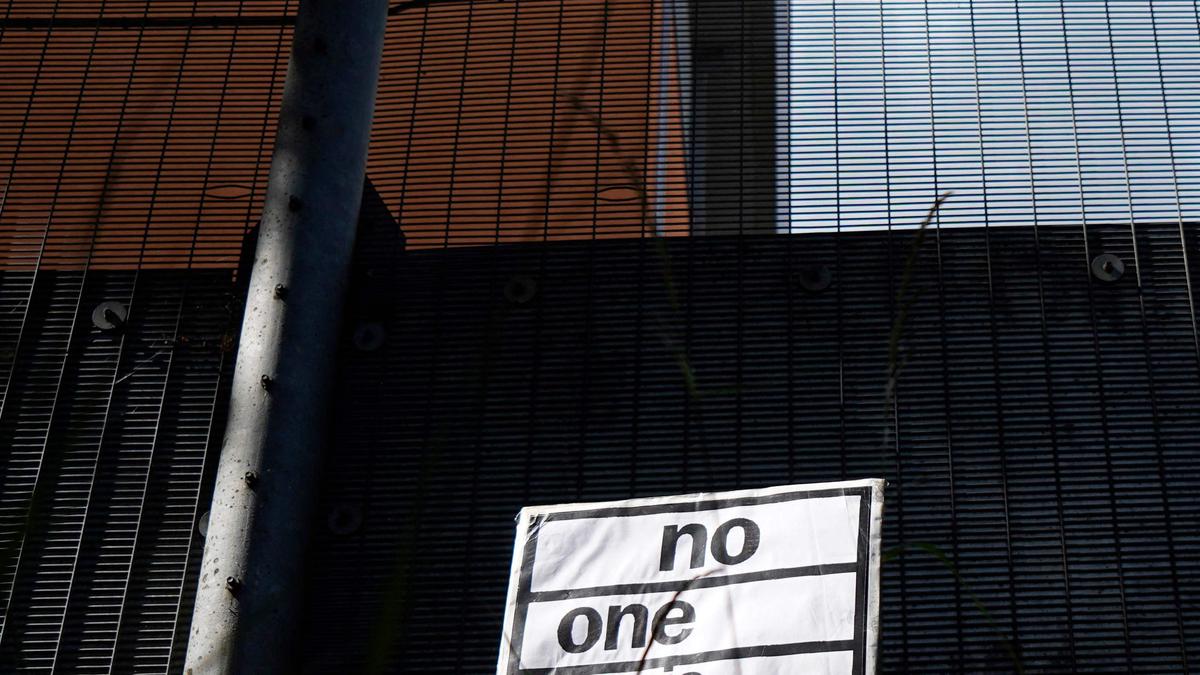
Explained | Why has densely populated Rwanda agreed to the U.K.’s plan to deport migrants?
The Hindu
What is the U.K. Rwanda deportation policy, and why did the African nation agree to it.
The story so far: Last week, the British authorities deported an asylum seeker to Rwanda under a voluntary returns scheme and started detaining other migrants in the country in preparation for deportations to the East African nation by July as part of a separate contentious immigration law passed by the United Kingdom Parliament last month.
The U.K. struck a deal with Rwanda in April 2022 to address issues related to undocumented migration and rising anti-immigrant sentiment. The relocation policy faced major legal and political challenges, with the Supreme Court declaring it unlawful and deeming Rwanda an unsafe country for asylum seekers.
In response, the Conservative government finalised a new agreement with Rwanda to ensure additional safeguards and introduced a new Bill to declare Rwanda a “safe third country” for asylum seekers. A flagship scheme of Prime Minister Rishi Sunak, the legislation allows the British authorities to remove asylum seekers who have made “unauthorised journeys” since January 1, 2022, to 6,500 km away to Rwanda for processing of asylum claims.
Rwanda is one of the most densely populated African countries, with a poor human rights record and an inadequate asylum system. In this context, critics have voiced concerns about the risks associated with transferring asylum seekers without adequate safeguards, cautioning that the policy may not effectively address issues of human trafficking and dangerous boat crossings. The impoverished African nation, however, maintains that it can accommodate the influx of as many migrants as Britain sends its way.
Also Read | What is the new U.K. policy on refugees?
The Voluntary Returns Scheme, under which a migrant was sent to Rwanda by the U.K. government on April 30 after his asylum application was rejected, is not an entirely new programme.
The plan was introduced by the Home Office in 1999 and co-funded by the European Refugee Fund. In 2002, a reintegration assistance programme was added to the scheme to help repatriated migrants meet their basic needs after arrival, such as finding a place to live, finding a job, supporting education, or starting a business in the destination country. The programme was initially valued at £500 and gradually increased to £3,000 ($3,800) by 2006.





















 Run 3 Space | Play Space Running Game
Run 3 Space | Play Space Running Game Traffic Jam 3D | Online Racing Game
Traffic Jam 3D | Online Racing Game Duck Hunt | Play Old Classic Game
Duck Hunt | Play Old Classic Game











